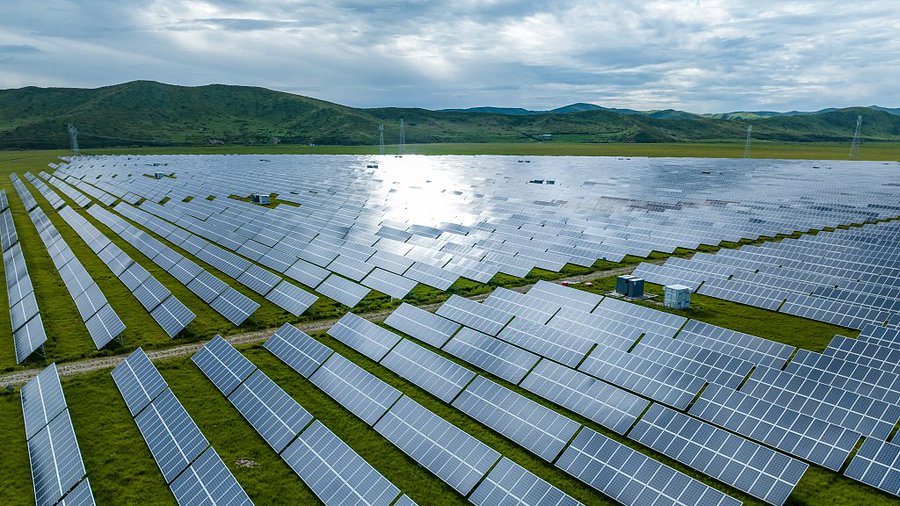The Central Commission for the Comprehensive Deepening of the Reform of China has put forward a comprehensive proposal to advance the reform of the energy system. This proposal focuses mainly on three key sectors: emission control, oil and electricity.
To begin with, the country intends to improve the regulation of total energy consumption and its intensity, with a gradual transition towards the control of total carbon emissions and their intensity. In addition, it is planned to improve the statistical accounting system for carbon emissions and establish a carbon emission allowance trading system.
Oil and natural gas play a vital role in supporting the stable and healthy development of China’s national economy and the well-being of its people. Therefore, energy companies have an important responsibility to help China achieve its ambitious peak emissions and carbon neutrality targets. As part of this effort, the country intends to implement reforms in the upper, middle and lower sectors and mechanisms of the oil and gas industry, ensuring a constant and reliable supply of energy.
Simultaneously, improving the construction of the electricity market has remained a key point of the reform strategy. In the new plan, China will focus on building a stronger power supply system by prioritizing five essential factors. This includes a gradual reduction in the proportion of traditional energy sources through the safe and reliable integration of new energy sources.
Official data reveals that during the 13th Five-Year Plan period, China’s average annual energy consumption grew by 2.8%, supporting an average annual economic growth of 5.7%. The new reform of the energy system indicates a firm commitment to achieve carbon neutrality, while adapting to the energy security environment. In addition, the acceleration of the commercialization of energy is expected as a result of these strategic measures.
